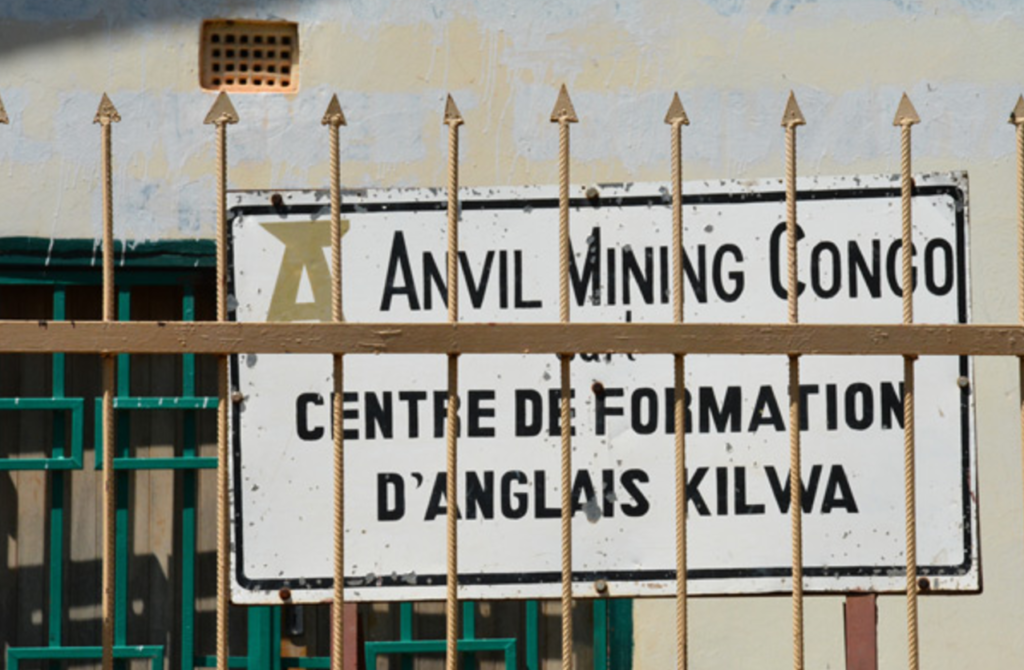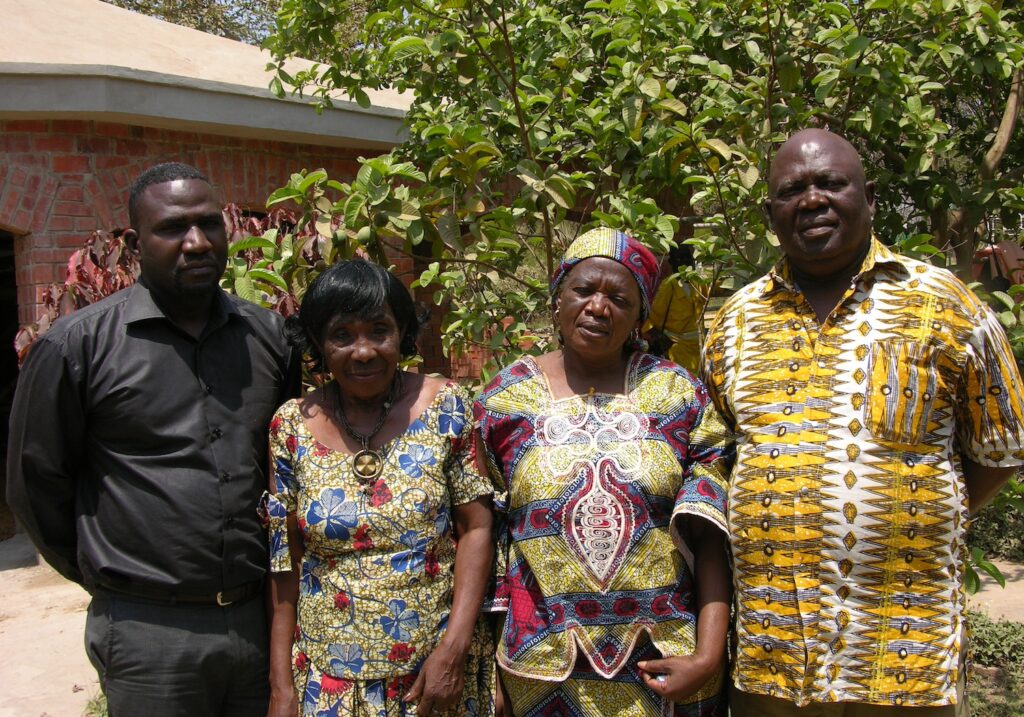Survivors of the Kilwa massacre have been waiting two decades for remedy
Anniversaries are key moments for reflection, and this month marks a solemn one in the Democratic Republic of Congo (DRC) that must not be forgotten – the 20th anniversary of the Kilwa massacre.
On October 15, 2004, the Congolese army, with logistical support from the Australian-Canadian mining company Anvil Mining, brutally crushed a small local uprising in the town of Kilwa, in southern Congo. Soldiers looted, detained, tortured, raped and killed civilians accused of supporting the uprising, killing over 70 people, many of whom were secretly buried in a mass grave.
After years of striving for justice, a small group of brave survivors finally achieved some success. In 2017, the African Commission on Human and Peoples’ Rights found that the DRC government had violated the African Charter due to the actions of its soldiers during the Kilwa massacre. The Commission awarded over $4 million in compensation to eight victims and their families, and ordered the government to identify other victims and ensure the dignified reburial of those who had died. Yet, despite this landmark victory, the decision remains unimplemented.
At RAID, we worked alongside Action Against Impunity and Human Rights (ACIDH) and the Institute for Human Rights and Development in Africa (IHRDA) to secure this judgment. However, the implementation of justice continues to elude this case, and we renew our call for the DRC government to honor its legal and moral obligations to the survivors and their families.
Accountability is essential – not only for the victims and their families but also to prevent future atrocities and break the cycle of violence. The fact that Congolese soldiers have not been held accountable for the massacre in Kilwa leaves the door open for the repetition of such crimes, which have tragically become all too familiar in the DRC.
Milestones in corporate accountability
Corporate accountability is equally crucial when companies facilitate or support human rights violations. Together with our partners, we made significant efforts to hold Anvil Mining accountable in both Canadian and Australian courts for their role in the massacre, but these early attempts were ultimately unsuccessful, as the cases were prevented from proceeding to a decision on the merits. In Canada, for instance, the Quebec Court of Appeal held that Quebec courts lacked jurisdiction to hear the case, and the Supreme Court of Canada declined an application to appeal that decision. The process did not allow the courts to consider the facts of the case, but turned on the issue of jurisdiction (see question 8 here).
Recent Canadian cases such as Nevsun Resources Ltd. v. Araya (2020) and Hudbay Minerals (2013) have set vital legal precedents. In Nevsun, the Supreme Court of Canada ruled that Canadian companies could be held accountable in Canadian courts for human rights violations committed overseas. Similarly, in the Hudbay Minerals case, the Ontario Superior Court allowed claims to proceed against the Canadian company and its subsidiaries for alleged human rights abuses at a mine in Guatemala, dismissing preliminary challenges from the defendants arguing, among other things, that the claims were obviously bound to fail. The lawsuits were recently settled after more than a decade of litigation.
Earlier this month, legal arguments on appropriate forum were heard in the same court in a case brought by Tanzanian plaintiffs against mining giant Barrick Gold. If the case proceeds, it will mark the first time the company defends a lawsuit in Canada for alleged human rights violations abroad.
In the UK, cases such as Vedanta Resources v. Lungowe (2019) and Okpabi v. Royal Dutch Shell (2021) have also significantly advanced the cause of corporate accountability. The UK Supreme Court ruled in both cases that parent companies could be held accountable for harms caused by the operations of their subsidiaries in foreign jurisdictions, representing a pivotal moment for holding multinational corporations to account.
While these developments are promising and illustrate the key advances in corporate accountability over the past 20 years, they sadly do little for the Kilwa survivors who have waited two decades for tangible compensation and remedy. Anvil Mining no longer exists leaving little opportunity to pursue accountability from the company. But there is still an opportunity to bring justice and it lies with Congolese President Felix Tshisekedi and his government. Implementing the landmark decision by the African Commission on Human and Peoples’ Rights is crucial – not only to bring long-overdue justice to survivors and their families, but also to affirm the DRC government can, and will, address past human rights crimes.

Learn more here.
Photo Credit: RAID

